
Telegram CEO Pavel Durov Warns of Growing Digital Repression and Decline of Online Freedom
A birthday lament turns manifesto as Durov warns of a vanishing digital frontier.

A birthday lament turns manifesto as Durov warns of a vanishing digital frontier.

YouTube’s forgiveness comes with fine print.
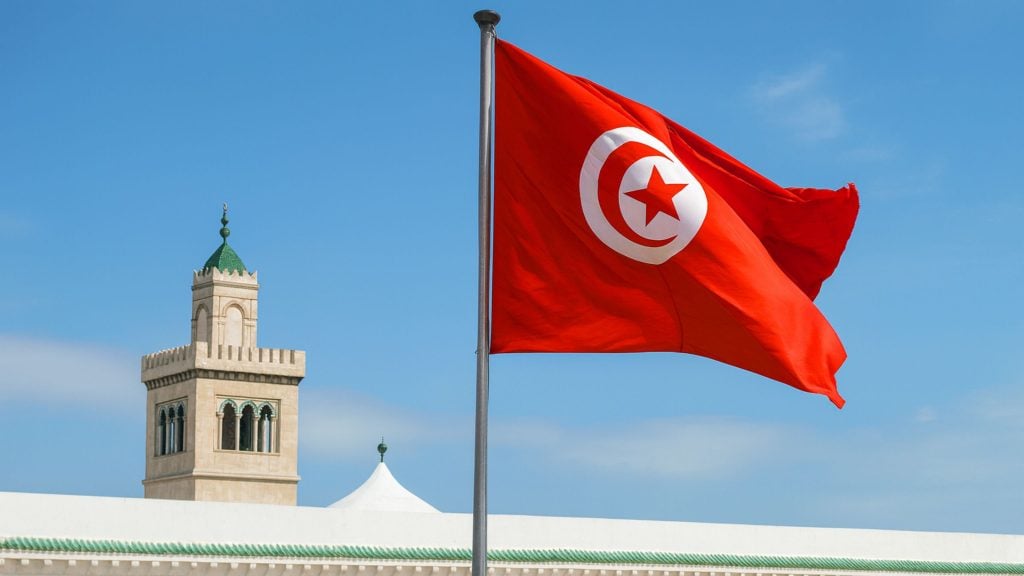
His reprieve offers relief, but the shadow it casts over Tunisia’s shrinking space for free expression only deepens.
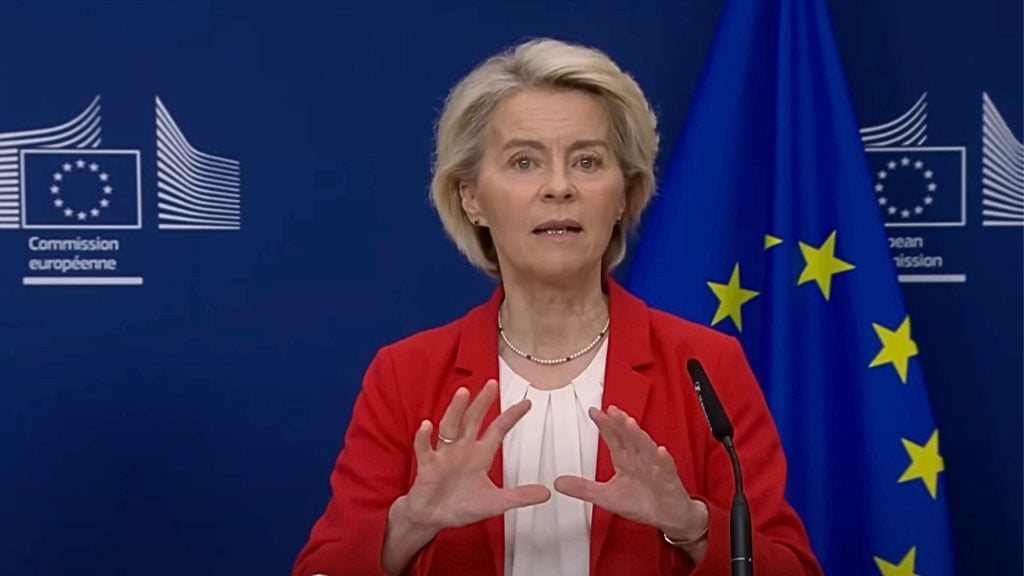
As Brussels moves to read every citizen’s message, its own leadership keeps erasing the ones that matter most.
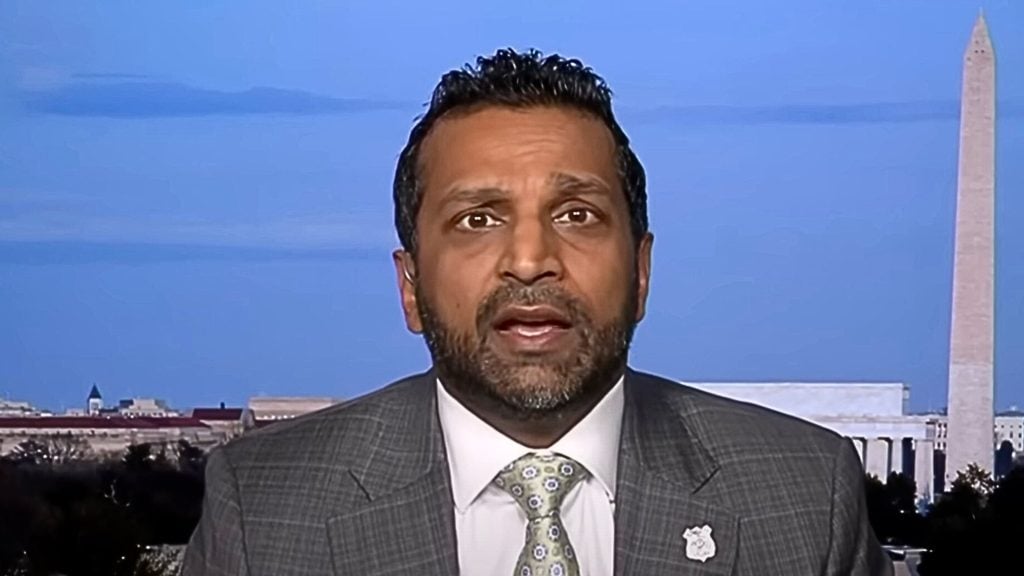
The FBI’s split from the SPLC and ADL ends a years-long entanglement between federal law enforcement and ideologically-driven watchdogs.
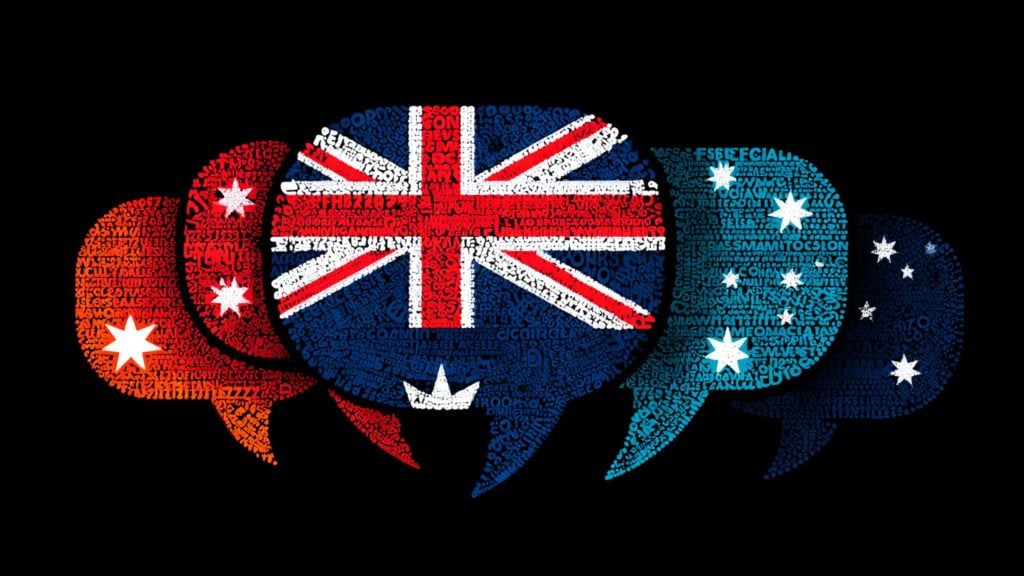
Julie Inman Grant’s eSafety office clashes with X, telling the platform to block journalists’ video uploads.

A mock page name and a few satirical posts are now grounds for death in the Tunisia that once promised free speech.
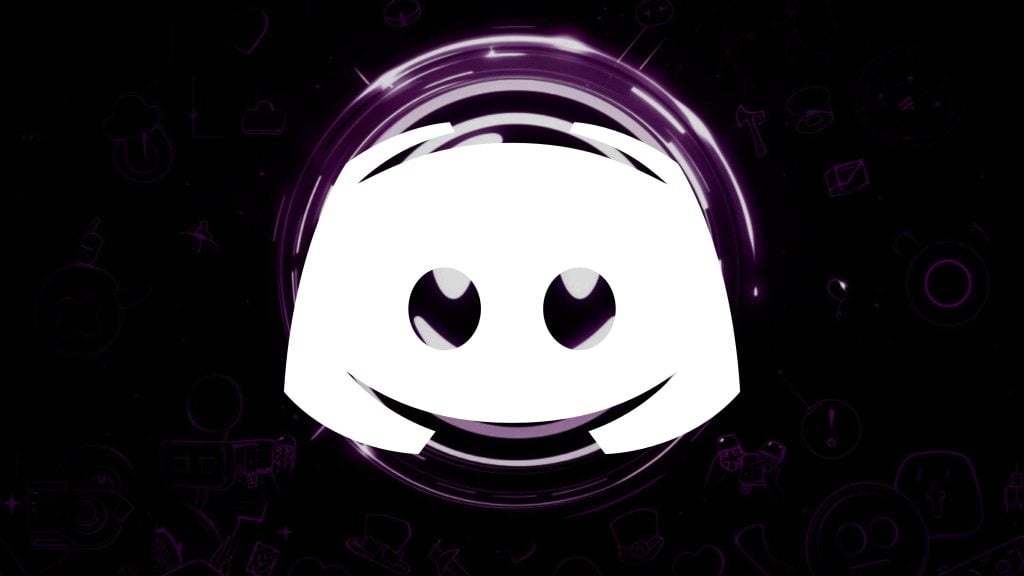
A vendor breach exposing IDs and more is a reminder of the irreversible risks of linking real-world identity to online access.
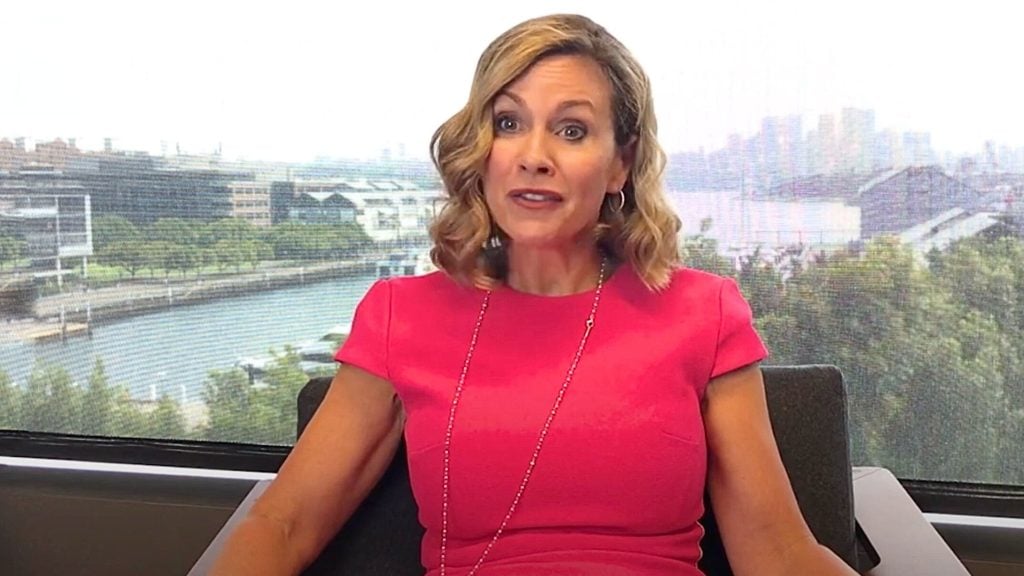
The regulator’s refusal to hand over data highlights how a surveillance system built to monitor online speech now doubles as a barrier to public accountability.

State power over online speech is colliding with private editorial control in a test case that could redraw the boundary between transparency and compelled speech.
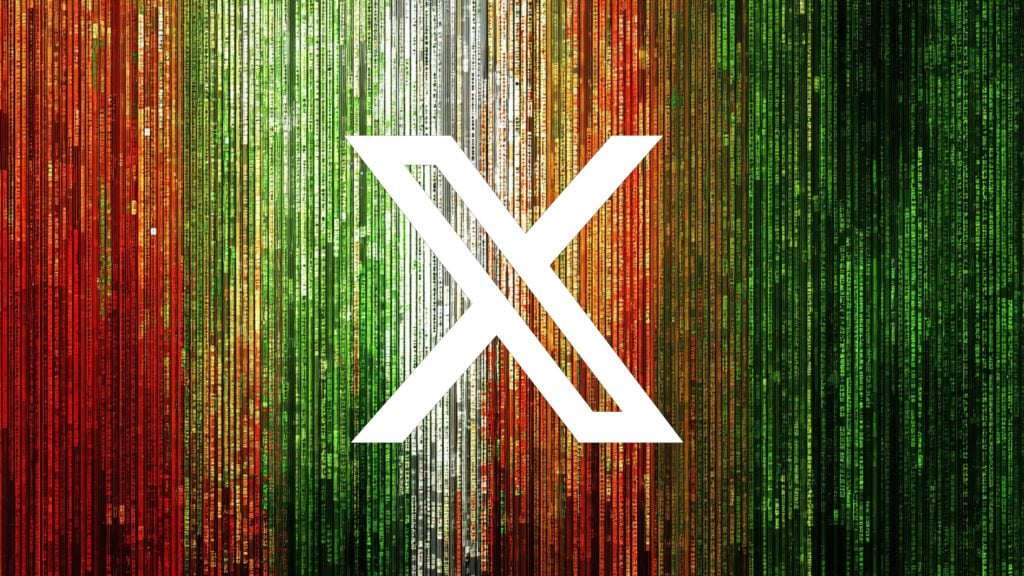
X says Sahyog lets the government scrub the internet without ever stepping into a courtroom.

Taliban enforced nationwide blackout in Afghanistan, halting internet, mobile access, banking, and digital infrastructure.
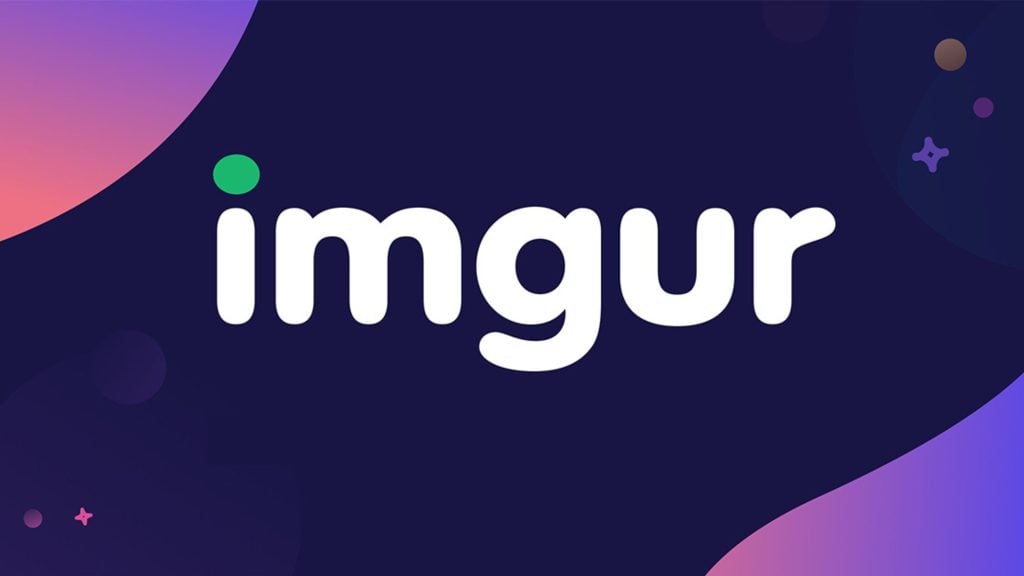
For now, a platform built on anonymity walks away rather than build ID checkpoints.
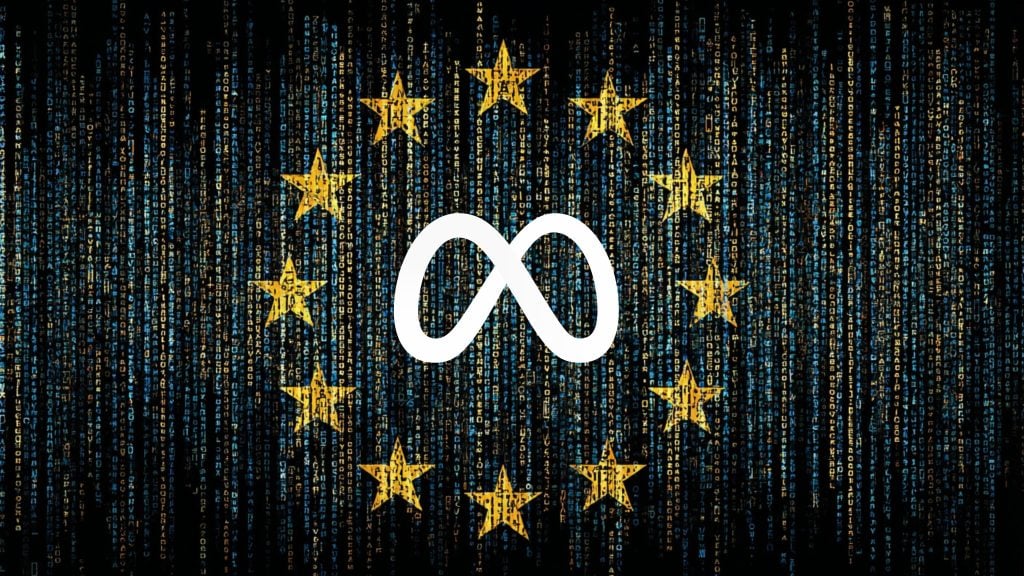
Meta faces EU charges under the Digital Services Act over Facebook and Instagram content censorship failures.
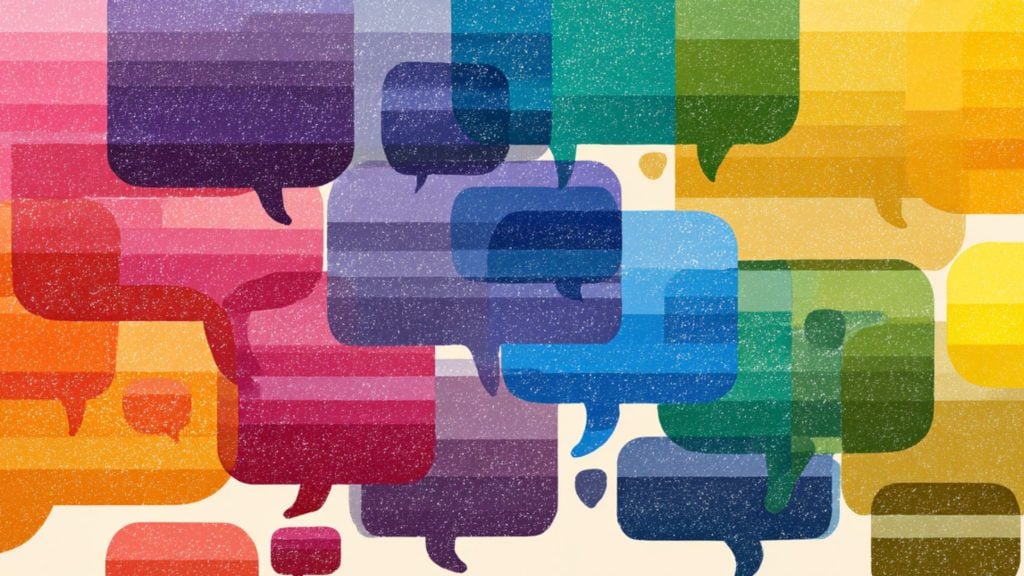
He’d rather sit in a cell than let the state fine his beliefs.
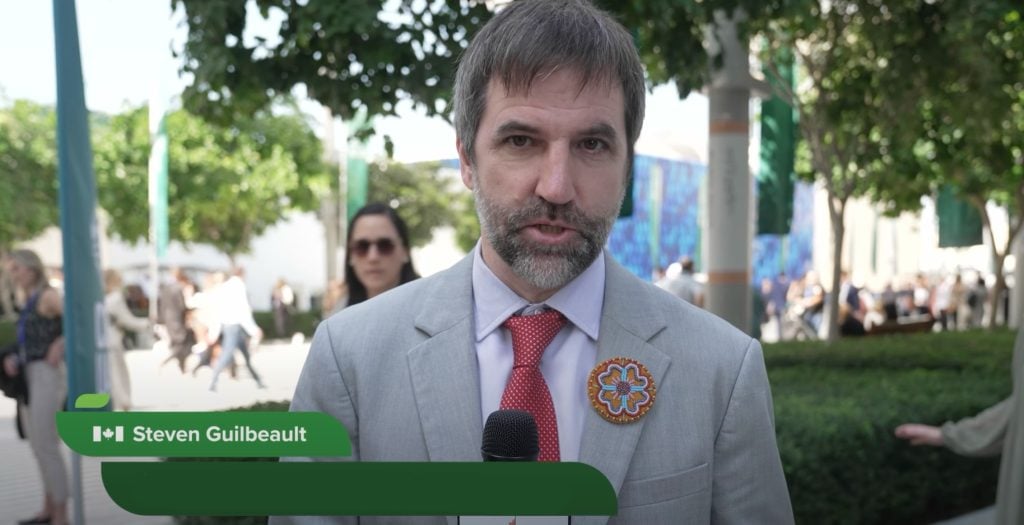
The skeleton of Bill C-36 has returned, dressed in new language but haunted by the same instincts.
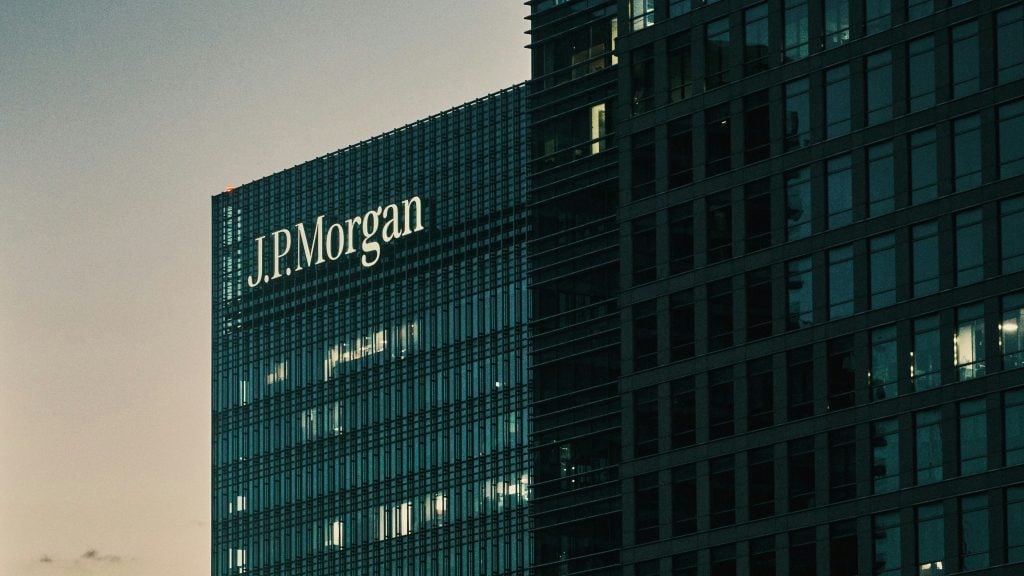
Banks are now being forced to explain why ideology ever factored into who got to keep a checking account.
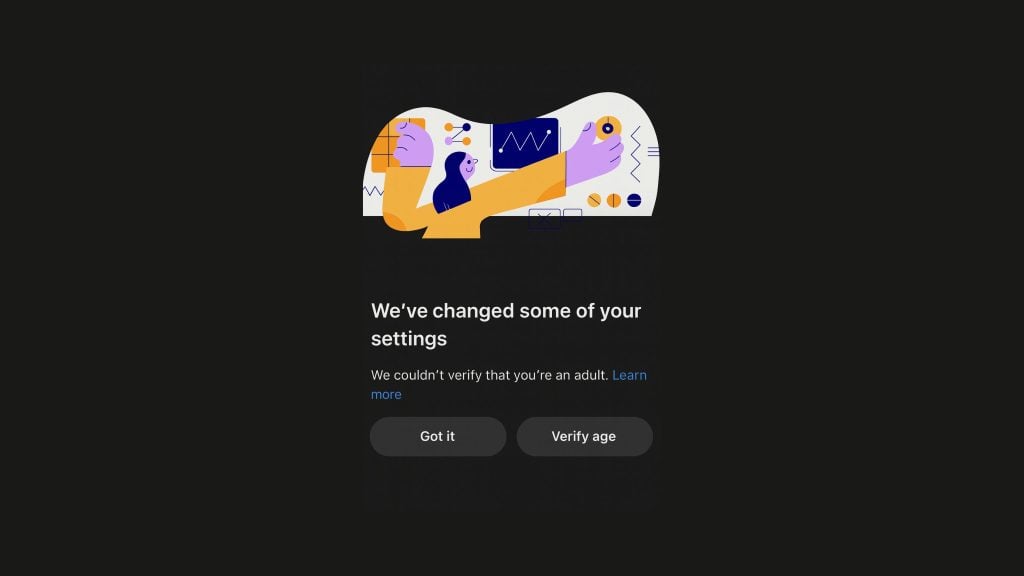
YouTube’s algorithmic surveillance push now forces millions to gamble between privacy and access.
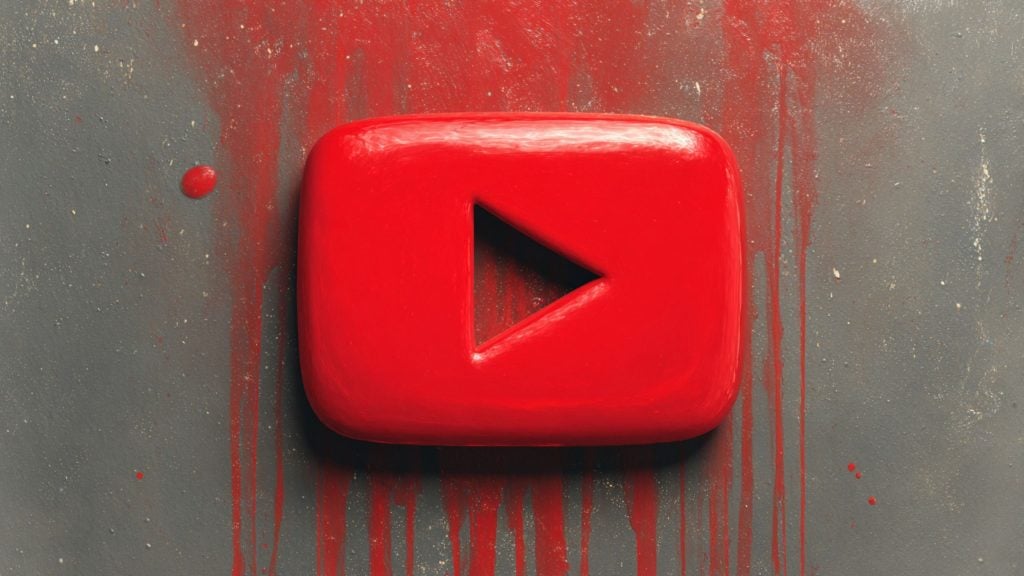
A promise to let banned creators return rings hollow when only select ones get a second chance.

Foreign platforms face a shrinking lane for dissent as India’s digital censorship machinery gains judicial endorsement.
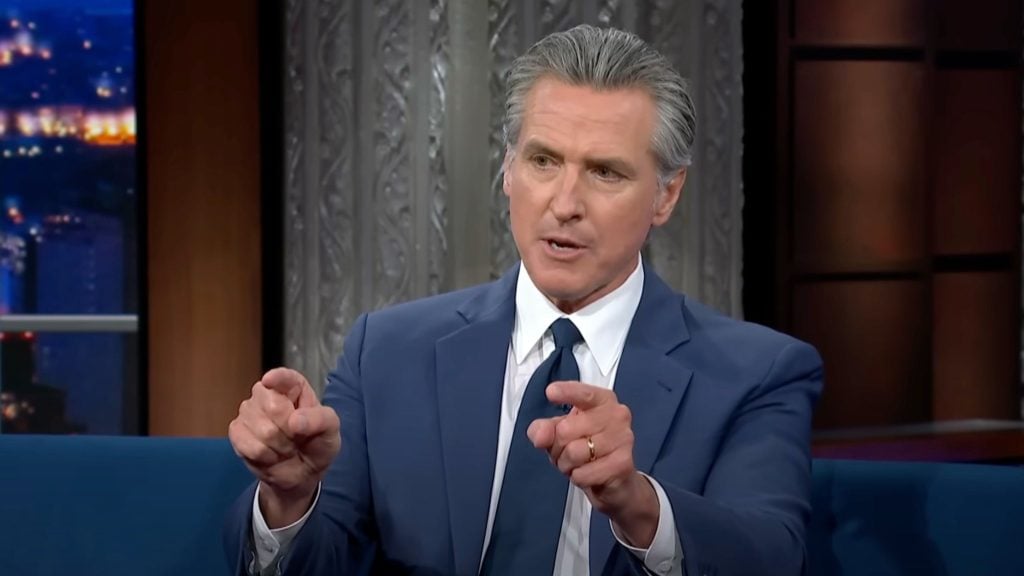
Platforms could face million-dollar penalties not for what users say, but for how algorithms deliver it.

Her refusal to stay quiet turns a routine intimidation attempt into a defiant stand against the normalization of fear.

Bluesky’s pivot from digital anarchy to curated civility has left its most loyal users wondering who gets to define “healthy.”
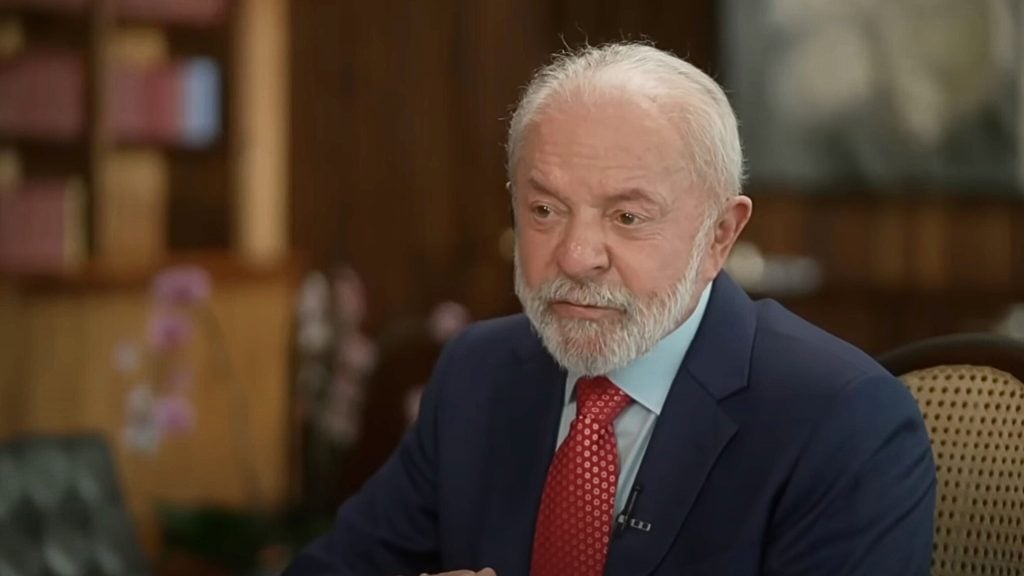
Brazil is the next country where anonymity dies quietly, under the soft cover of child safety.

A birthday lament turns manifesto as Durov warns of a vanishing digital frontier.

YouTube’s forgiveness comes with fine print.

His reprieve offers relief, but the shadow it casts over Tunisia’s shrinking space for free expression only deepens.

As Brussels moves to read every citizen’s message, its own leadership keeps erasing the ones that matter most.

The FBI’s split from the SPLC and ADL ends a years-long entanglement between federal law enforcement and ideologically-driven watchdogs.

Julie Inman Grant’s eSafety office clashes with X, telling the platform to block journalists’ video uploads.

A mock page name and a few satirical posts are now grounds for death in the Tunisia that once promised free speech.

A vendor breach exposing IDs and more is a reminder of the irreversible risks of linking real-world identity to online access.

The regulator’s refusal to hand over data highlights how a surveillance system built to monitor online speech now doubles as a barrier to public accountability.

State power over online speech is colliding with private editorial control in a test case that could redraw the boundary between transparency and compelled speech.

X says Sahyog lets the government scrub the internet without ever stepping into a courtroom.

Taliban enforced nationwide blackout in Afghanistan, halting internet, mobile access, banking, and digital infrastructure.

For now, a platform built on anonymity walks away rather than build ID checkpoints.

Meta faces EU charges under the Digital Services Act over Facebook and Instagram content censorship failures.

He’d rather sit in a cell than let the state fine his beliefs.

The skeleton of Bill C-36 has returned, dressed in new language but haunted by the same instincts.

Banks are now being forced to explain why ideology ever factored into who got to keep a checking account.

YouTube’s algorithmic surveillance push now forces millions to gamble between privacy and access.

A promise to let banned creators return rings hollow when only select ones get a second chance.

Foreign platforms face a shrinking lane for dissent as India’s digital censorship machinery gains judicial endorsement.

Platforms could face million-dollar penalties not for what users say, but for how algorithms deliver it.

Her refusal to stay quiet turns a routine intimidation attempt into a defiant stand against the normalization of fear.

Bluesky’s pivot from digital anarchy to curated civility has left its most loyal users wondering who gets to define “healthy.”

Brazil is the next country where anonymity dies quietly, under the soft cover of child safety.